Announcements
Premium

Computer Engineering
NOVA IMS, Portugal, Lisbona
Full-time
2025-02-24
Premium

Applied Mathematics
The Hong Kong Polytechnic University (PolyU), Hong Kong , Hung Hom
Full-time
2025-02-24
Premium

Cyber Security
THE UNIVERSITY OF HONG KONG, Hong Kong , Pok Fu Lam
Full-time
2025-02-24
Premium

Systems Engineering
THE UNIVERSITY OF HONG KONG, Hong Kong , Pok Fu Lam
Full-time
2025-02-24
Premium
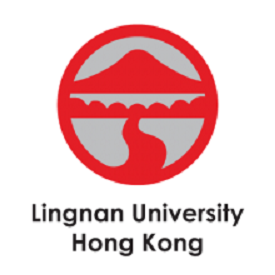
Artificial Intelligence
LINGNAN UNIVERSITY, Hong Kong , Tuen Mun
Full-time
2025-02-24
Premium
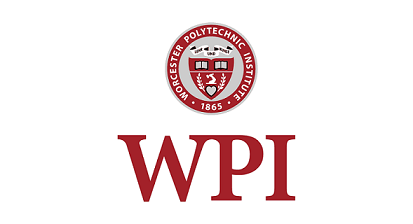
Computer Science
Worcester Polytech, South Africa, Worcester
Full-time
2025-02-24
Premium

Computer Science
NCLC, South Africa, Ballito
Full-time
2025-02-24
Premium

Computer Science
IIE Varsity College, South Africa, Cape Town
Full-time
2025-02-24
Premium

Computer Engineering
Purdue University, South Africa, Durban
Full-time
2025-02-24
Premium

Computational Engineering
The University of Vienna, Austria, Vienna
Full-time
2025-02-23
Premium

Computational Engineering
KU Leuven, Austria, Vienna
Full-time
2025-02-23
Premium

Structural Engineering
AIT Austrian Institute Of Technology, Austria, Vienna
Full-time
2025-02-23
Premium

Engineering Education
INTERDISCIPLINARY TRANSFORMATION UNIVERSITY , Austria, Linz
Full-time
2025-02-23
Premium

Bioengineering
Technical University of Denmark, Denmark, Lyngby
Full-time
2025-02-23
Premium

Signal Processing
University of Southern Denmark, Denmark, Odense
Full-time
2025-02-23
Premium

Electronics
University of Southern Denmark, Denmark, Odense
Full-time
2025-02-23
Premium
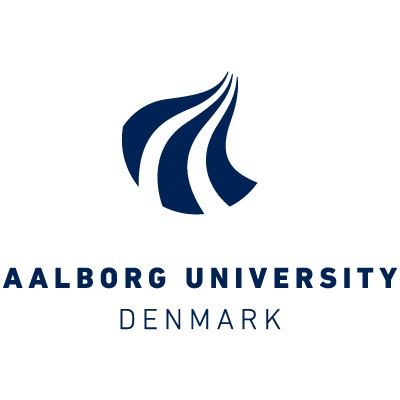
Computer Science
Aalborg University, Denmark, Aalborg
Full-time
2025-02-23
Premium
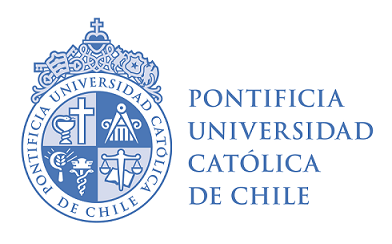
Industrial Engineering
School of Engineering, Chile, Santiago
Full-time
2025-02-23
Premium

Mechanical Engineering
School of Engineering, Chile, Santiago
Full-time
2025-02-23
Premium

Algorithms
School of Engineering, Chile, Santiago
Full-time
2025-02-23
Premium
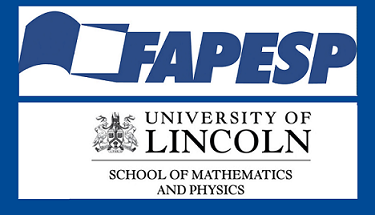
Artificial Intelligence
FAPESP - Sao Paulo Research Foundation, Brazil, Sao Paulo
Full-time
2025-02-23
Premium

Engineering Education
FAPESP - Sao Paulo Research Foundation, Brazil, Sao Paulo
Full-time
2025-02-23
Premium

Software Engineering
FAPESP - Sao Paulo Research Foundation, Brazil, Sao Paulo
Full-time
2025-02-23
Premium

Computer Science
Carnegie Mellon University, Qatar, Doha
Full-time
2025-02-23
Premium

Information Systems
Carnegie Mellon University, Qatar, Doha
Full-time
2025-02-23
Premium
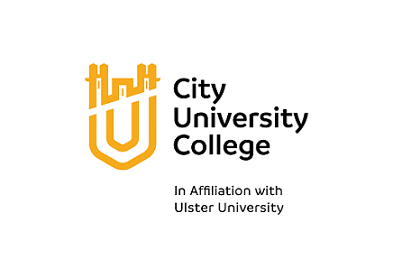
Computer Science
CITY UNIVERSITY QATAR, Qatar, Doha
Full-time
2025-02-23
Premium

Electrical Engineering
Texas A&M University , Qatar, Doha
Full-time
2025-02-23
Premium
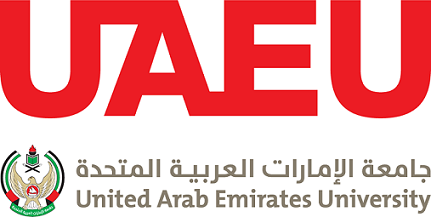
Computer Science
UAE University, Al Ain, United Arab Emirates, Abu Dhabi
Full-time
2025-02-23
Premium
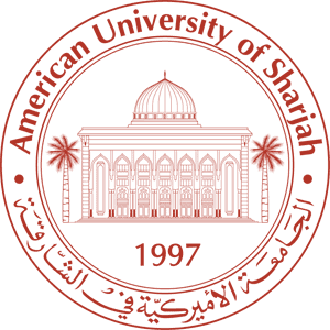
Engineering Education
American University of Sharjah, United Arab Emirates, Sharjah
Full-time
2025-02-23
Premium

Computer Science
Khalifa University, United Arab Emirates, Abu Dhabi
Full-time
2025-02-23
Premium

Computer Science
NEW YORK UNIVERSITY ABU DHABI, United Arab Emirates, Abu Dhabi
Full-time
2025-02-23
Premium

Applied Mathematics
Hiroshima University, Japan, Hiroshima
Full-time
2025-02-23
Premium

Engineering Education
Hokkaido University, Japan, Hokkaido
Full-time
2025-02-23
Premium

Neural Modeling
University of Tsukuba, Japan, Tsukuba
Full-time
2025-02-23
Premium
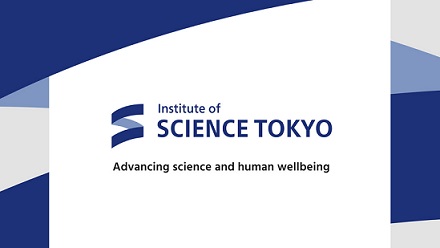
Applied Mathematics
Institute of Science Tokyo, Japan, Tokyo
Full-time
2025-02-23
Premium

Artificial Intelligence
WESTERN SYDNEY UNIVERSITY, Australia, Parramatta
Full-time
2025-02-23
Premium

Cyber Security
The University of Melbourne, Australia, Melbourne
Full-time
2025-02-23
Premium

Engineering Education
Australian National University, Australia, Canberra
Full-time
2025-02-23
Premium

Computer Science
AUSTRALIAN CATHOLIC UNIVERSITY, Australia, North Sydney
Full-time
2025-02-23
Premium
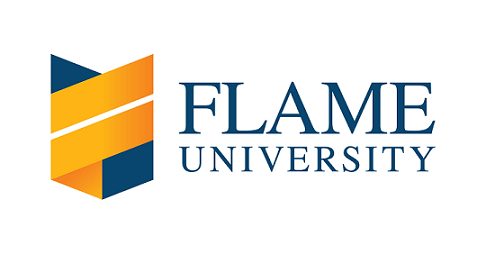
Computer Science
FLAME University, India, Pune
Full-time
2025-02-23
Premium

Computer Science
Atria Institute of Technology, India, Bengaluru
Full-time
2025-02-23
Premium
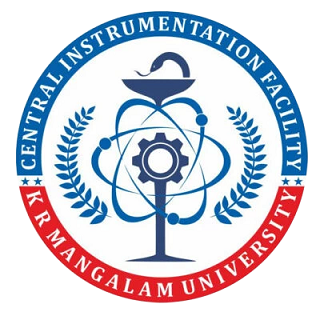
Computer Engineering
K.R. Mangalam University, India, Gurgaon
Full-time
2025-02-23
Premium
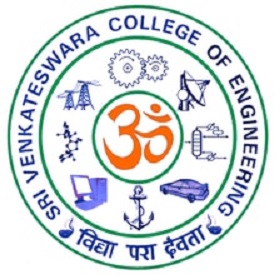
Computer Science
S V College of Engineering, India, Tirupati
Full-time
2025-02-23
Premium
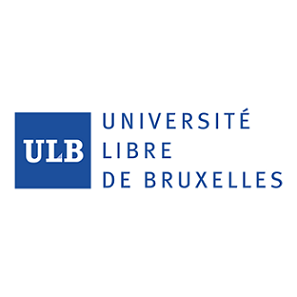
Computer Science
UNIVERSITÉ LIBRE DE BRUXELLES, Belgium, Brussels
Full-time
2025-02-23
Premium
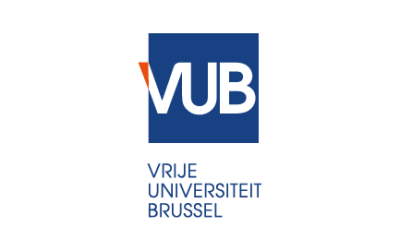
Electrical Engineering
Vrije Universiteit Brussel, Belgium, Brussels
Full-time
2025-02-23
Premium

Artificial Intelligence
KU Leuven, Belgium, Leuven
Full-time
2025-02-23
Premium

Artificial Intelligence
University of Antwerp, Belgium, Antwerp
Full-time
2025-02-23
Premium

Image Processing
QUEENS UNIVERSITY BELFAST, Ireland, Belfast
Full-time
2025-02-23
Premium
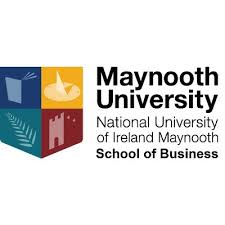
Computer Science
Maynooth University, Ireland, Maynooth
Full-time
2025-02-23
Premium
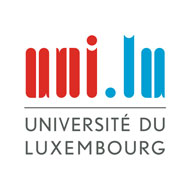
Robotic Engineering
University of Luxembourg, Luxembourg, Luxembourg
Full-time
2025-02-23
Premium

Software Engineering
University of Luxembourg, Luxembourg, Luxembourg
Full-time
2025-02-23
Premium

Systems Engineering
University of Luxembourg, Luxembourg, Luxembourg
Full-time
2025-02-23
Premium
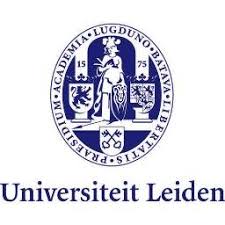
Computer Science
Leiden University, Netherlands, Leiden
Full-time
2025-02-23
Premium

Control Systems Engineering
University of Twente, Netherlands, Enschede
Full-time
2025-02-23
Premium

Artificial Intelligence
Centrum Wiskunde & Informatica (CWI), Netherlands, Amsterdam
Full-time
2025-02-23
Premium

Electrical Engineering
Eindhoven University of Technology, Netherlands, Eindhoven
Full-time
2025-02-23
Premium

Computer Science
Wenzhou Business College, China, Shanghai
Full-time
2025-02-23
Premium

Robotics
XIAN JIAOTONG LIVERPOOL UNIVERSITY, China, Suzhou
Full-time
2025-02-23
Premium

Programming Languages
University of Nottingham, China, Ningbo
Full-time
2025-02-23
Premium

Computer Science
Chongqing University, China, Chongqing
Full-time
2025-02-23
Premium

Engineering Education
University of Udine, Italy, Udine
Full-time
2025-02-23
Premium
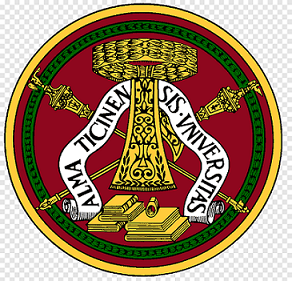
Civil Engineering
University of Pavia, Italy, Pavia
Full-time
2025-02-23
Premium

Computer Science
University of Trento, Italy, Trento
Full-time
2025-02-23
Premium

Information Science
University of Trento, Italy, Trento
Full-time
2025-02-23
Premium
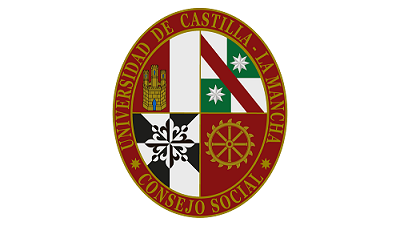
Industrial Engineering
University of Castilla- La Mancha, Spain, Ciudad Real
Full-time
2025-02-23
Premium

Systems Engineering
UCAM, Spain, Murcia
Full-time
2025-02-23
Premium
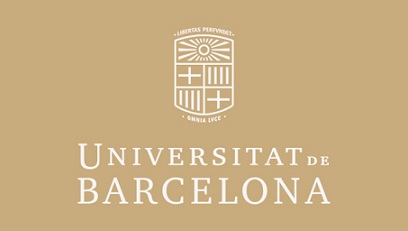
Artificial Intelligence
Universitat de Barcelona, Spain, Barcelona
Full-time
2025-02-23
Premium

Applied Mathematics
ICREA, Spain, Barcelona
Full-time
2025-02-23
Premium

Computer Science
University College Dublin, Ireland, Dublin
Full-time
2025-02-23
Premium

Electronics
University College Cork, Ireland, Cork
Full-time
2025-02-23
Premium

Computer Science
NORWEGIAN UNIVERSITY OF SCIENCE & TECHNOLOGY - NTNU, Norway, Gjovik
Full-time
2025-02-23
Premium
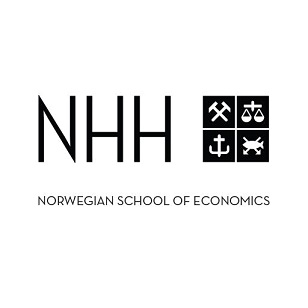
Information Systems
NHH Norwegian School of Economics, Norway, Bergen
Full-time
2025-02-23
Premium

Big Data
BI Norwegian Business School, Norway, Oslo
Full-time
2025-02-23
Premium
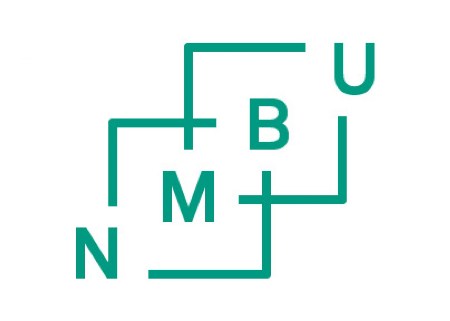
Artificial Intelligence
Norwegian University of Life Sciences (NMBU), Norway, Akershus
Full-time
2025-02-23
Premium
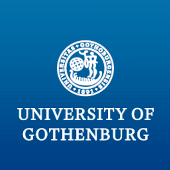
Software Engineering
University of Gothenburg, Sweden, Gothenburg
Full-time
2025-02-23
Premium
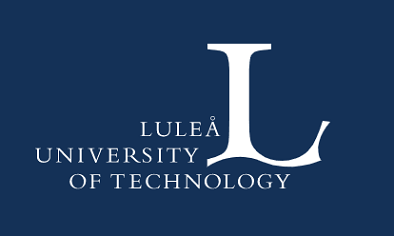
Signal Processing
LULEÅ UNIVERSITY OF TECHNOLOGY, Sweden, Lulea
Full-time
2025-02-23
Premium
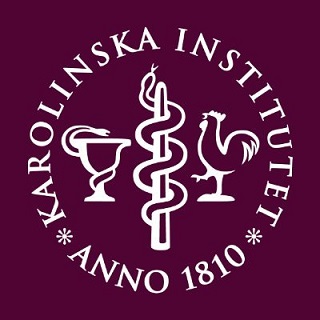
Artificial Intelligence
KAROLINSKA INSTITUTET, Sweden, Stockholm
Full-time
2025-02-23
Premium
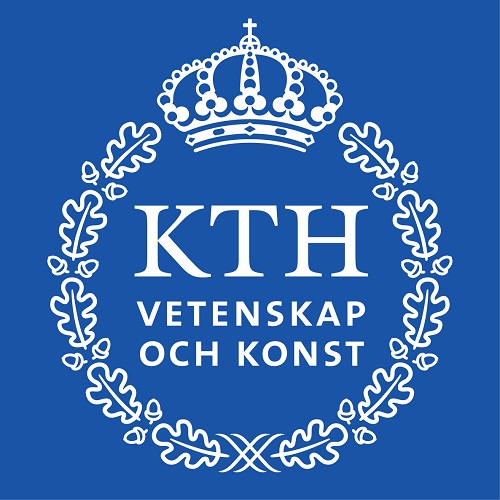
Quantum Computing
KTH Royal Institute of Technology, Sweden, Stockholm
Full-time
2025-02-23
Premium

Applied Mathematics
Mount Allison University , Canada, Sackville
Full-time
2025-02-23
Premium

Computer Science
University of New Brunswick, Canada, Fredericton
Full-time
2025-02-23
Premium
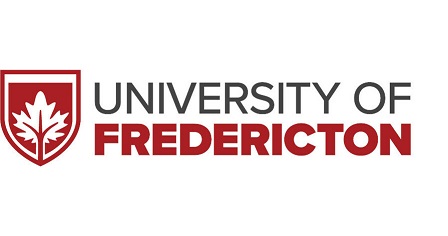
Computer Science
University of Fredericton, Canada, Fredericton
Full-time
2025-02-23
Premium
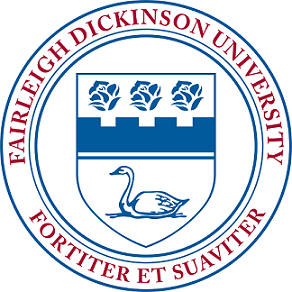
Computer Science
Fairleigh Dickinson University, Canada, Vancouver
Full-time
2025-02-23
Premium
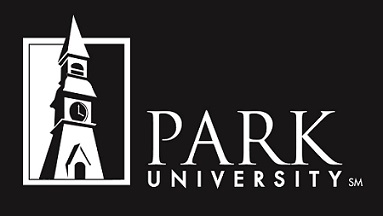
Computer Science
Park University, United States, Parkville
Full-time
2025-02-22
Premium

Artificial Intelligence
Empire State University SUNY, United States, Saratoga Springs
Full-time
2025-02-22
Premium

Cyber Security
Columbia-Greene Community College, United States, Hudson
Full-time
2025-02-22
Premium

Cyber Security
University of North Georgia, United States, Dahlonega
Full-time
2025-02-22
Premium

Computational Engineering
UNIVERSITY COLLEGE BIRMINGHAM, United Kingdom, Birmingham
Full-time
2025-02-20
Premium

Cyber Security
UNIVERSITY OF SURREY, United Kingdom, Surrey
Full-time
2025-02-20
Premium

Computational Mathematics
Durham University, United Kingdom, Durham
Full-time
2025-02-20
Premium

Computational Engineering
UNIVERSITY OF SOUTHAMPTON, United Kingdom, Southampton
Full-time
2025-02-20
Premium
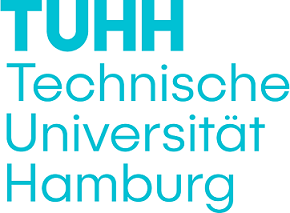
Mechanical Engineering
Hamburg University of Technology, Germany, Hamburg
Full-time
2025-02-20
Premium
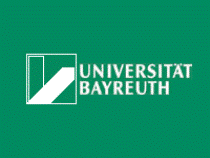
Engineering
University of Bayreuth, Germany, Bayreuth
Full-time
2025-02-20
Premium
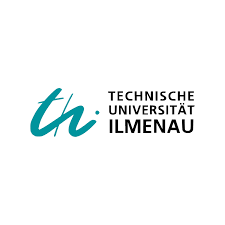
Robotic Engineering
ILMENAU UNIVERSITY OF TECHNOLOGY, Germany, Ilmenau
Full-time
2025-02-20
Premium
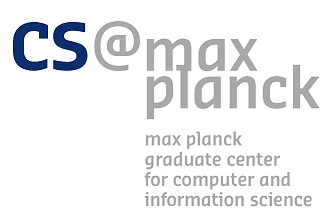
Engineering
CSMAX PLANCK, Germany, Saarbrucken
Full-time
2025-02-20
Premium

Machine Learning
INRIA, France, Villeurbanne
Full-time
2025-02-11
Premium
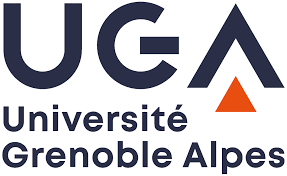
Computational Engineering
Université Grenoble Alpes, France, Saint-Martin-d'Hères
Full-time
2025-02-11
Premium

Electrical Engineering
CentraleSupélec, France, Gif-sur-Yvette
Full-time
2025-02-11
Premium

Artificial Intelligence
TÉLÉCOM PARIS, France, Palaiseau
Full-time
2025-02-11